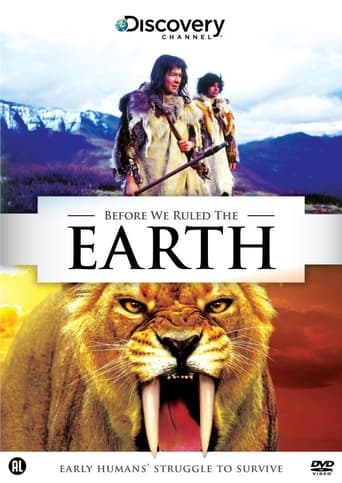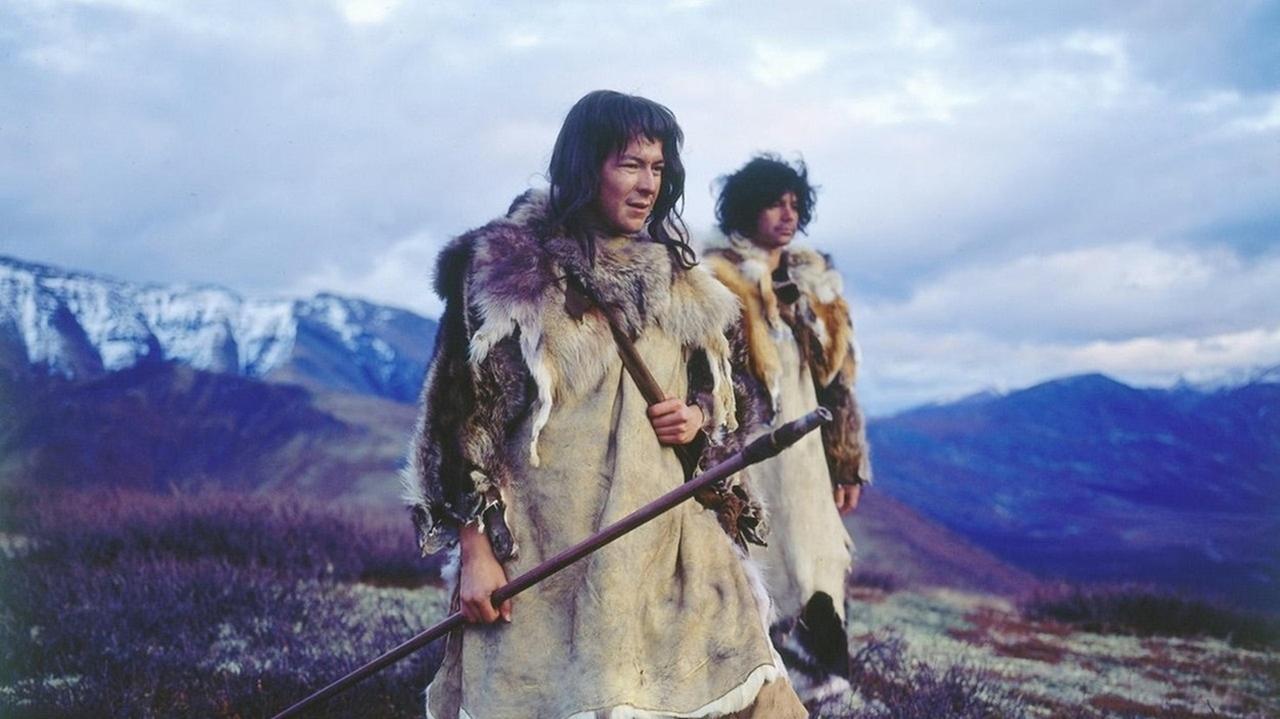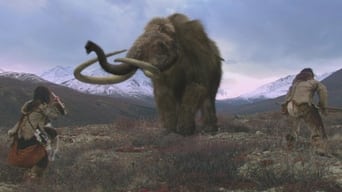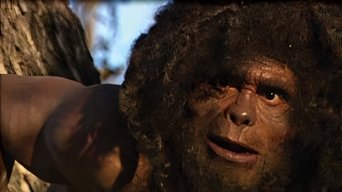

Before We Ruled the Earth is a two-part documentary television miniseries that premiered on February 9, 2003 on the Discovery Channel. The program featured early human history and the challenges human beings faced thousands of years ago. It also features animals examples such as: ⁕Woolly mammoth ⁕Megantereon ⁕American buffalo ⁕Cave bear ⁕Irish elk The first episode was called "Hunt or Be Hunted" and the second called "Mastering the Beasts."
 AD
AD
All Prime Video
Cancel anytime


15,000 years ago, the Cro-Magnons had evolved to become the sole residents of Europe. They had all the abilities of modern humans: the power of speech, reasoning skills, and a belief in the afterlife. But it was still a struggle to survive in a land where large dangerous carnivores competed for living space. As the humans spread out across the world, they made their way over an ancient land bridge connecting Asia and the Americas: Beringia. Life inthe tundra was treacherous, and three stranded women had to use their ingenuity, skill, and sheer guts to survive emong the Woolly Mammoths on which they depended for survival. Moving to North America, the so-called Paleo-Indians developed even more sophisticated weapons and their ability to communicate. They flourished among the waning megafauna like the Giant Ground Sloth. Hunting reached its climax on the Great Plains of North America when two small bands of Paleo-Indians came together for a ritual buffalo hunt, driving hundreds of buffalo off a cliff in a massive slaughter. Early human's ability to adapt is what pushed them to the four corners of the earth and beyond, Before We Ruled The Earth.

1,700,000 years ago in Africa, Homo ergaster, an ancient predecessor of modern humans, had to scavenge to survive. They lived in the elements among the monsters of the day, like the saber-toothed cat. Over time, early humans evolved and developed simple tools, began to communicate, and learned to control their most important tool: fire. But the monsters were still there. 300,000 years ago, Homo erectus learned to hunt the giant Irish elk, using fire to drive these great beasts through a narrow gorge and over a cliff. While hunting skills improved, proximity remained a necessity to kill a huge beast. 40,000 years ago, Neanderthals were at the top of their form, hunting beasts like the Giant Steppe Bison. The Neanderthals were usurped by an entirely new race of humans, the Cro-Magnons. They adapted and survived when the Neanderthals could not. They would become the undisputed masters of our planet. They would become the humans we are today.
Before We Ruled the Earth is a two-part documentary television miniseries that premiered on February 9, 2003 on the Discovery Channel. The program featured early human history and the challenges human beings faced thousands of years ago. It also features animals examples such as: ⁕Woolly mammoth ⁕Megantereon ⁕American buffalo ⁕Cave bear ⁕Irish elk The first episode was called "Hunt or Be Hunted" and the second called "Mastering the Beasts."
The tv show is currently not available onine